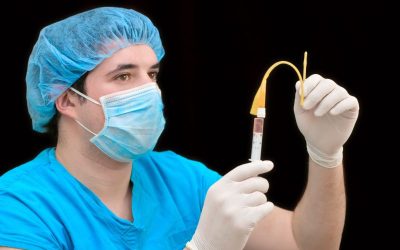Medical marijuana is an alternative therapy that many have embraced to deal with a number of ailments. Not long ago, New Jersey expanded the list of approved conditions that can quality an individual for treatment with medical cannabis. You may wonder if you qualify, based on the new updates. Let’s take a look at the health conditions that can be treated by medical marijuana in NJ.
Conditions Approved for Medical Marijuana Treatment
Here is a list of the conditions that are approved for treatment with medical marijuana in New Jersey:
- Anxiety
- Any terminal illness with a prognosis less than 12 months
- Chronic pain related to musculoskeletal disorders (rheumatoid arthritis, lupus, fibromyalgia, opioid use disorder)
- Chronic pain affecting of “visceral origin” (pancreatitis, irritable bowel syndrome, bowel dysfunction)
- Inflammatory bowel disease, including Crohn’s disease
- Lou Gehrig’s disease
- Multiple Sclerosis
- Muscular Dystrophy
- Seizure disorders (epilepsy, intractable skeletal muscular spasticity, post-traumatic stress disorder, glaucoma)
- Severe or chronic pain, nausea, vomiting or wasting syndrome due to cancer or HIV/Aids
- Tourette’s Syndrome
- Migraines
How to Become a Medical Marijuana Patient
You need to be a resident of New Jersey and have proof of that residency, such as a driver’s license or utility bill in your name. A physician must have diagnosed you with a qualifying condition from the list, and you must be able to present medical records attesting to this fact. You must have an established bonafide doctor/patient relationship with a physician certified in the state’s official directory, meaning you’ve seen them more than for one visit. Finally, you must register with the MMP patient registry.
Now that you know what it takes to be treated with medical marijuana in NJ, you should talk to your physician about the next steps.
Feel free to contact us at New Jersey Alternative Health with questions
or visit our website.


